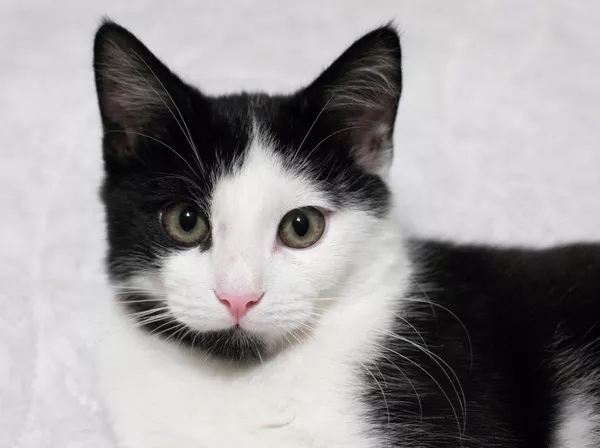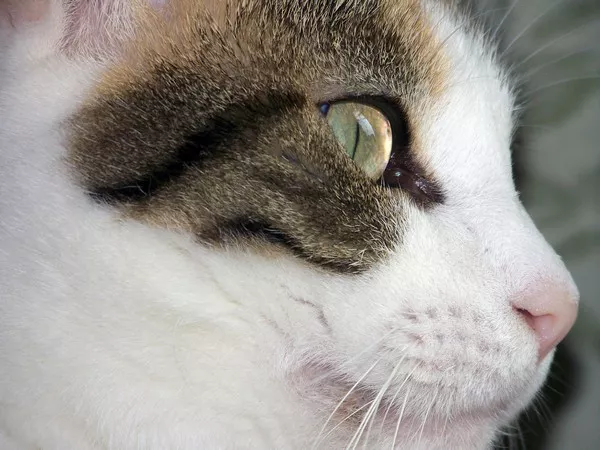Finding a trustworthy cat sitter is crucial for ensuring the well-being of your feline friend while you are away. Cats are creatures of habit and can become stressed in unfamiliar environments, making in-home care a preferred option for many pet owners. However, entrusting your beloved pet to a stranger can be daunting. This article will provide a comprehensive guide on how to find, evaluate, and trust a cat sitter, ensuring peace of mind for you and comfort for your cat.
The Importance of a Cat Sitter
Cats require consistent care, and a cat sitter can provide the attention and companionship they need while you are away. Unlike dogs, cats are generally more independent but still thrive on routine and familiarity. A good cat sitter not only feeds and cleans up after your pet but also engages with them, providing the social interaction that cats crave.
Characteristics of a Trustworthy Cat Sitter
When searching for a cat sitter, certain qualities can help you identify someone who will provide excellent care for your pet. Here are some key characteristics to look for:
1. Experience and Qualifications
A trustworthy cat sitter should have experience with cats and a good understanding of their behavior. Look for sitters who have formal training in pet care or who have worked with cats in a professional capacity.
2. References and Reviews
Always ask for references from previous clients. Positive feedback from other pet owners can give you confidence in the sitter’s abilities. Online reviews can also provide insights into their reliability and care quality.
3. Communication Skills
A good cat sitter should be responsive and communicative. They should be willing to discuss your cat’s needs and provide updates while you are away. Clear communication is essential for building trust.
4. Compassion and Patience
Cats can be sensitive and may require a gentle approach. A compassionate sitter will understand your cat’s personality and be patient, especially if your pet is shy or anxious.
5. Reliability
Look for a sitter who has a track record of being punctual and dependable. Reliability is crucial, as you want someone who will show up as scheduled and provide the care your cat needs.
Where to Find Cat Sitters
Finding the right cat sitter can be done through various avenues:
1. Pet Sitting Services
Many professional pet sitting services vet their sitters, ensuring they meet certain standards. These services often provide profiles, reviews, and background checks for their sitters.
2. Local Recommendations
Ask friends, family, or your veterinarian for recommendations. Personal referrals can lead you to trustworthy sitters who have been vetted by people you trust.
3. Online Platforms
Websites dedicated to pet sitting often include profiles of sitters, complete with reviews and ratings. These platforms can simplify the search process and provide a sense of security.
The Interview Process
Once you have a list of potential cat sitters, it’s essential to conduct interviews to find the best fit for your cat. Here’s how to approach the process:
1. Initial Contact
Reach out to potential sitters via phone or email. Pay attention to their responsiveness and willingness to answer your questions.
2. Meet and Greet
Arrange a meeting with the sitter at your home. This allows you to observe how they interact with your cat and provides an opportunity to discuss your pet’s routine and needs.
3. Ask Questions
Prepare a list of questions to ask during the interview. Inquire about their experience, how they handle emergencies, and their approach to caring for cats.
4. Discuss Special Needs
If your cat has specific needs, such as medication or dietary restrictions, ensure the sitter is comfortable and capable of handling these requirements.
5. Trust Your Instincts
Pay attention to your gut feelings during the interview. If something feels off, it’s okay to continue your search.
Setting Up for Success
Once you’ve chosen a cat sitter, there are several steps you can take to ensure a smooth experience for both your pet and the sitter:
1. Provide Detailed Instructions
Write down your cat’s daily routine, including feeding times, preferred play activities, and any medical needs. Include emergency contacts, such as your veterinarian’s information.
2. Prepare Your Home
Ensure your home is safe and comfortable for the sitter and your cat. Remove any hazards and provide easy access to food, litter, and toys.
3. Establish a Communication Plan
Discuss how often you would like updates and in what form (text, email, photos). This will help you stay connected while you’re away.
4. Create a Comfortable Environment
Make sure your cat has a quiet space to retreat to if they feel overwhelmed. Familiar items, such as their bed or favorite toys, can help ease anxiety.
See Also: Is It Better to Board a Cat or Get a Sitter?
Building Trust with Your Cat Sitter
Trust is a two-way street. While you need to trust your sitter, they also need to build trust with your cat. Here are some strategies to facilitate this:
1. Gradual Introduction
If possible, have the sitter come over a few times before you leave. This allows your cat to get used to their presence and helps establish a bond.
2. Positive Reinforcement
Encourage the sitter to use treats and toys to engage your cat. This can help your pet associate the sitter with positive experiences.
3. Respect Your Cat’s Space
Remind the sitter to give your cat space and not to force interactions. Cats often need time to warm up to new people.
4. Monitor Interactions
Observe how the sitter interacts with your cat during their initial visits. This will help you gauge their compatibility.
Handling Emergencies
Even with the best planning, emergencies can happen. Ensure your cat sitter is prepared to handle any situations that may arise:
1. Emergency Protocols
Discuss what steps the sitter should take in case of an emergency, including contacting you and your veterinarian.
2. First Aid Knowledge
A good cat sitter should have basic knowledge of pet first aid and be able to recognize signs of distress or illness.
3. Access to Resources
Provide the sitter with all necessary resources, including contact information for your veterinarian and a list of nearby emergency clinics.
Conclusion
Trusting a cat sitter involves careful consideration and preparation. By understanding the qualities to look for, conducting thorough interviews, and establishing clear communication, you can find a reliable sitter who will care for your cat as you would. With the right approach, you can enjoy your time away knowing that your furry friend is in safe hands. Building a trusting relationship with your cat sitter not only benefits you but also ensures that your cat receives the love and attention they deserve while you are away.
Related Topics
Are Cats Okay with a Cat Sitter?























